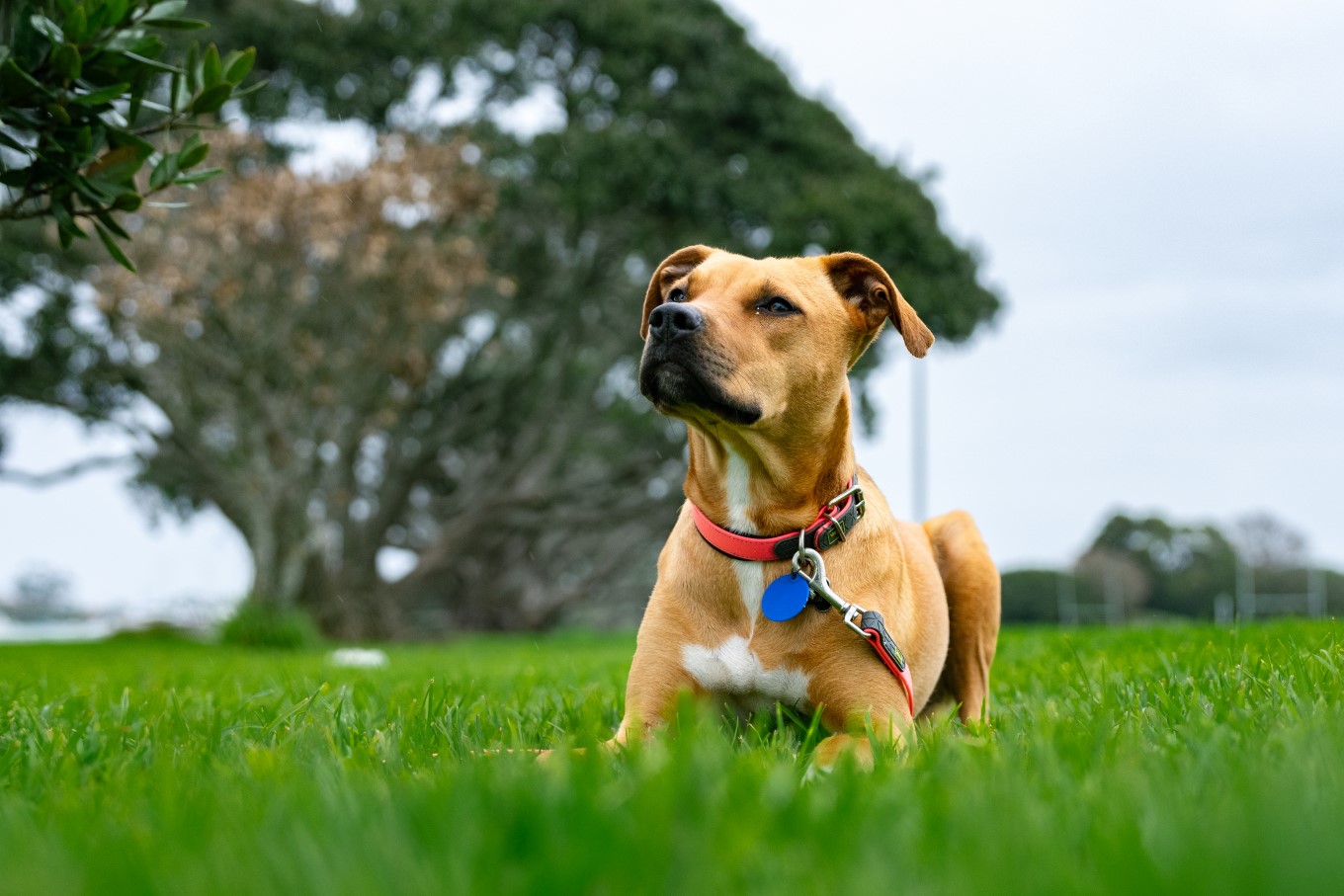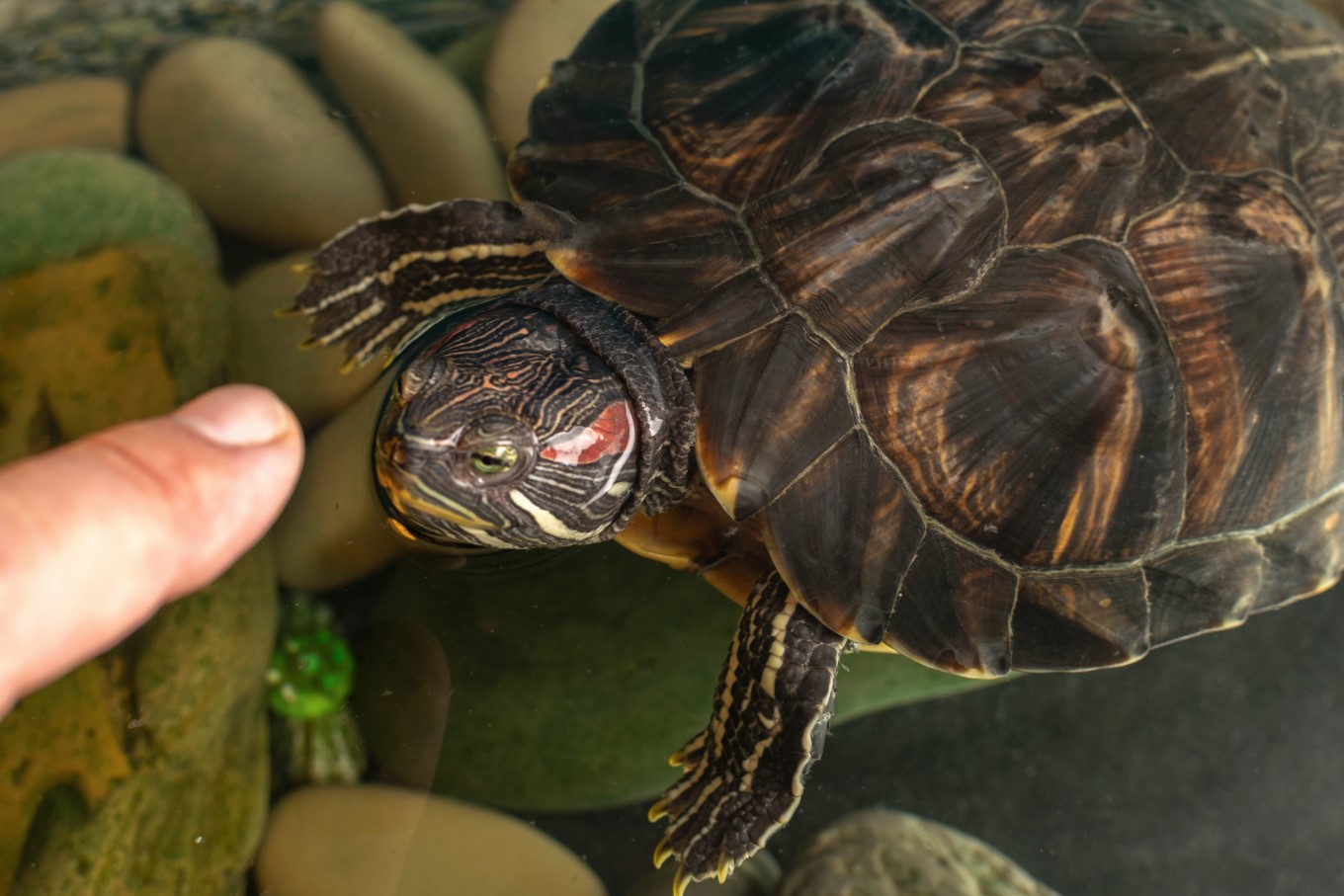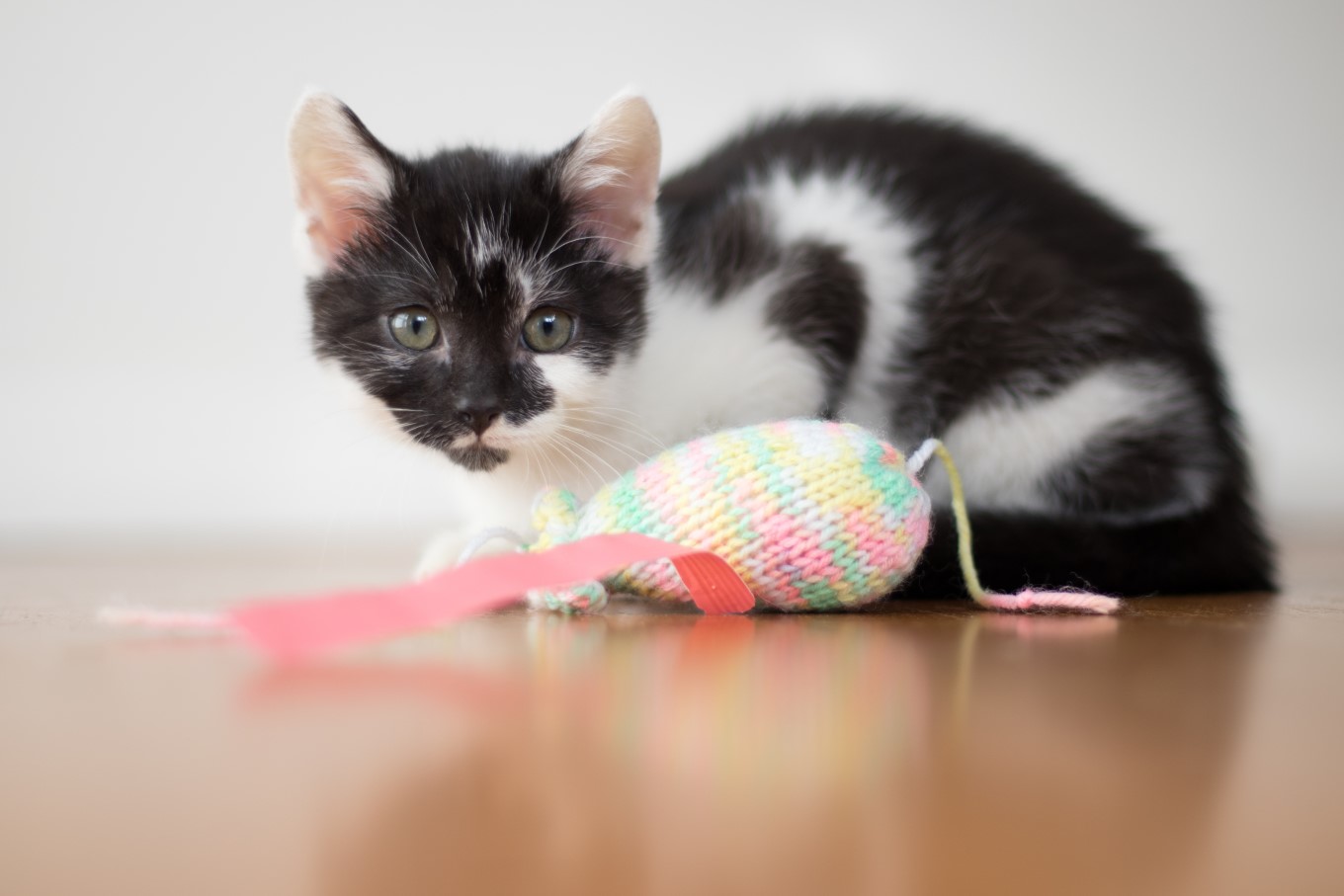There's no doubt that pets bring many Aucklanders a lot of joy. But if you and your family received a new pet recently, there are all kinds of new responsibilities. Whether a cat, a dog or something more exotic, follow this handy how-to guide on responsible pet ownership to help your furry, fluffy, feathered or scaly friends live their best lives.
Legal beagles
Make sure your dog is registered before it turns three months old. Registration is a legal requirement for all dogs under the New Zealand Dog Control Act 1996, and if your dog is not registered you can be fined. Councils around New Zealand supply information about registered dogs to the National Dog Database and the registry helps dog control authorities reunite owners with their lost pups, as well as control dangerous or menacing dogs.

Luckily, Auckland Council makes it very easy to ensure your pooch has its paperwork in order – all you need to do is register your dog online. Fees vary depending on several factors, and you can even check if you qualify for a discount. After registering your dog, they will be sent a snazzy coloured Auckland Council disc or strap within 10 working days. You get to choose which type of tag you want, but straps are a good option for small dogs. You must renew your dog's registration annually, and the colour of the disc or strap changes every year.
Chip in
New puppies and dogs have to be microchipped by a vet within two months of their first registration, and it’s only done once in an animal’s lifetime. A microchip is a tiny implant about the size of a grain of rice, and has a unique 15-digit number which is added to the National Dog Database.
It’s not just dogs that can be microchipped – it’s recommended that cats, horses, turtles, rabbits, guinea pigs and exotic birds are also microchipped so they can be added to the Companion Animals Register. Microchipping helps lost animals be reunited with their owners, and it’s also particularly important to help identify feral stray cats which may be preying on native birds.
Let’s talk about desexing
Desexing is a key way to improve animal welfare by preventing unwanted litters of puppies and kittens and reducing stray and feral cat populations. Mating behaviours are instinctive for cats and dogs, and desexing – also called spaying (females) and neutering (males) – will prevent animals from wandering away from home and may reduce some aggressive territorial behaviours. Stray cats and dogs suffer greatly so it’s best to avoid unwanted litters.
A word on walkies
Dogs need regular exercise and taking your dog for a walk in an Auckland park is a great way to spend time with your furry friend. When out and about, it’s important to follow the rules for dogs in public places – dogs must be on-leash at all times in all Council-controlled public places with unrestricted access.
If you’re going to a special dog-walking park there may be designated areas in which your dog is allowed off-leash to play and socialise with other dogs. To find parks with off-leash areas, visit the parks search page on the Auckland Council website and select ‘Show only places with off-leash’. Remember to obey the signs and only take your dog off-leash in the designated areas.
Even when your dog is in an off-leash area it should stay under control. Always pick up your dog’s poop and dispose of it responsibly. Keep your dog away from any prohibited areas that are marked as ‘No dogs’.
Happy home
Being a responsible pet owner means making sure your pet lives in a healthy home environment. This means access to food and water, freedom to move, a way to get exercise and lots of affection and mental stimulation. Remember your pet has instinctive behaviours such as chewing and hunting, and toys can help enrich your pet’s life without impacting native wildlife. Playing with toys will also keep your dog enriched and can also reduce barking.

Dogs must live in a fenced property, and small animals such as guinea pigs and rabbits should live in adequately sized hutch with a run. Turtles, fish and exotic birds should live in suitably sized enclosures. Remember never to release an animal into the wild as it’s not good for their wellbeing and they can pose a threat to native species – rehoming is the best option. Test your knowledge of exotic pets and how to care for them by taking the quiz here.
Cool cats
Aucklanders love their pet cats, but felines are hunters by instinct and do pose a threat to many native animals such as birds. Putting a bell on your cat and/or a brightly coloured scrunchy collar can help your cat be more noticeable to native birds as they are attracted to bright colours for food sources such as berries and will spot a scrunchy collar.

A cat enclosure or ‘catio’ will also make sure that your cat can access the outdoors without preying on wildlife. In wildlife areas such as Aotea / Great Barrier Island there are rules in place around responsible cat ownership, and cat owners in other parts of Auckland can benefit from many of these ideas.
Licenced to thrill your dog
Auckland Council recognises and rewards caring dog owners who have a Responsible Dog Owner Licence (RDOL). Owners with the RDOL must fulfil some criteria and pass a written test, but once successful they are then eligible for a reduction in dog registration fees. Study the brochure before applying for the written test – you’d be barking mad not to!



